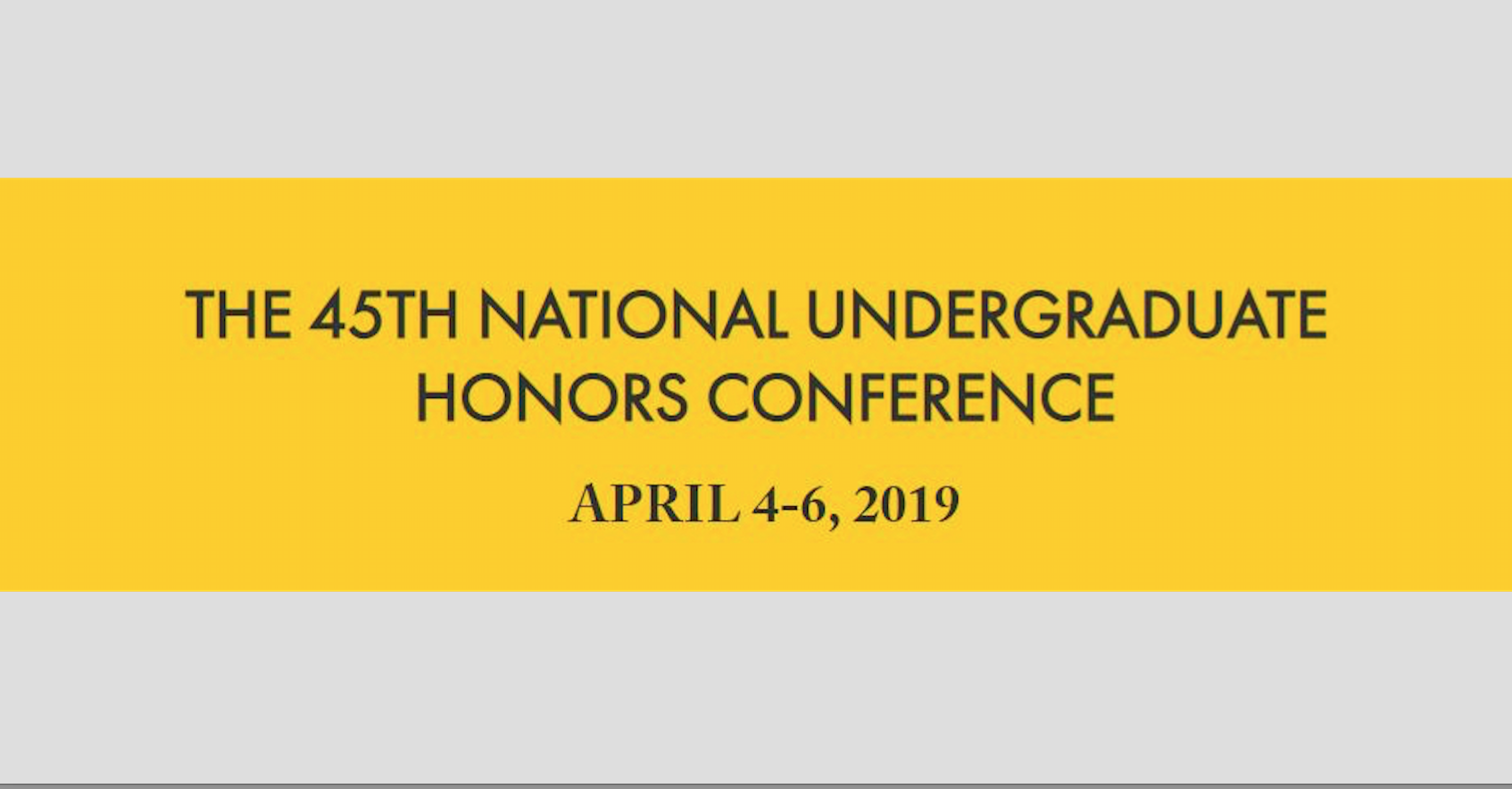Three Klein College of Media and Communication students have been accepted to the DePauw National Undergraduate Honors Conference for Communication and Theatre, which will take place in April.
Rachel Berson, Claire McGlinchey, and Isaac Smoler-Schatz have been accepted to present at the conference based on their research papers they completed. They follow in the footsteps of Hazim Hardeman, KLN ‘17, whose paper was accepted at the same conference when he was an undergraduate. He went on to become the university’s first Rhodes Scholar.
Berson, KLN ‘21, who plans to work with a non-profit advocacy agency one day, focused her research on a viral video of white nationalist Richard Spencer being punched in the face while Bruce Springsteen's “Born in the USA” plays in the background. In her analysis, Berson argues that the way in which the video was edited presents violence as a necessary response to Spencer.
Berson said she sees this conference as an opportunity for the future.
“I don’t want to treat this conference as something I go to, present, and then it’s over, but rather something that I can think about long-term goals and make connections with people,” she said.
McGlinchey, KLN ‘19, wrote her paper on the response to National Geographic’s publication of an image of a starving polar bear. The image has been used to promote efforts to address climate change, despite the fact that the polar bear in the image was not starving because of climate change.
“When we see climate change icons such as that,” she said, “it kind of creates some kind of disconnect as opposed to climate change communications to communicate the stories of people already being affected by climate change.”
McGlinchey said she started thinking about her impact on the earth and climate after taking a trip to Arizona early in her college career, which she said led to her interest in environmental communication.
Smoler-Schatz, KLN ‘21, researched the use of facial hair as a political device, focusing on the case of Al Gore. After Gore lost the 2000 election, he grew a beard, which he had not done during his political career. Smoler-Schatz’s argues that Gore’s facial hair did not represent a change in ideology, but a transition to a post-political career. He also concluded that beards can represent an authoritarian look, a look U.S. politicians often avoid.
He talked about how this ideology transcends politics, as well.
“I know a bunch of late-night hosts like David Letterman, Stephen Colbert, and Jon Stewart, who I assume are all left on the political spectrum that we think of, I wonder if that has to do more with the transition than their political leanings,” he said.
Smoler-Schatz said he found that interesting because he also has a beard, giving him a personal connection to the research.
All three students completed the research that is being presented at the conference in the rhetorical criticism class taught by Scott Gratson last fall.

